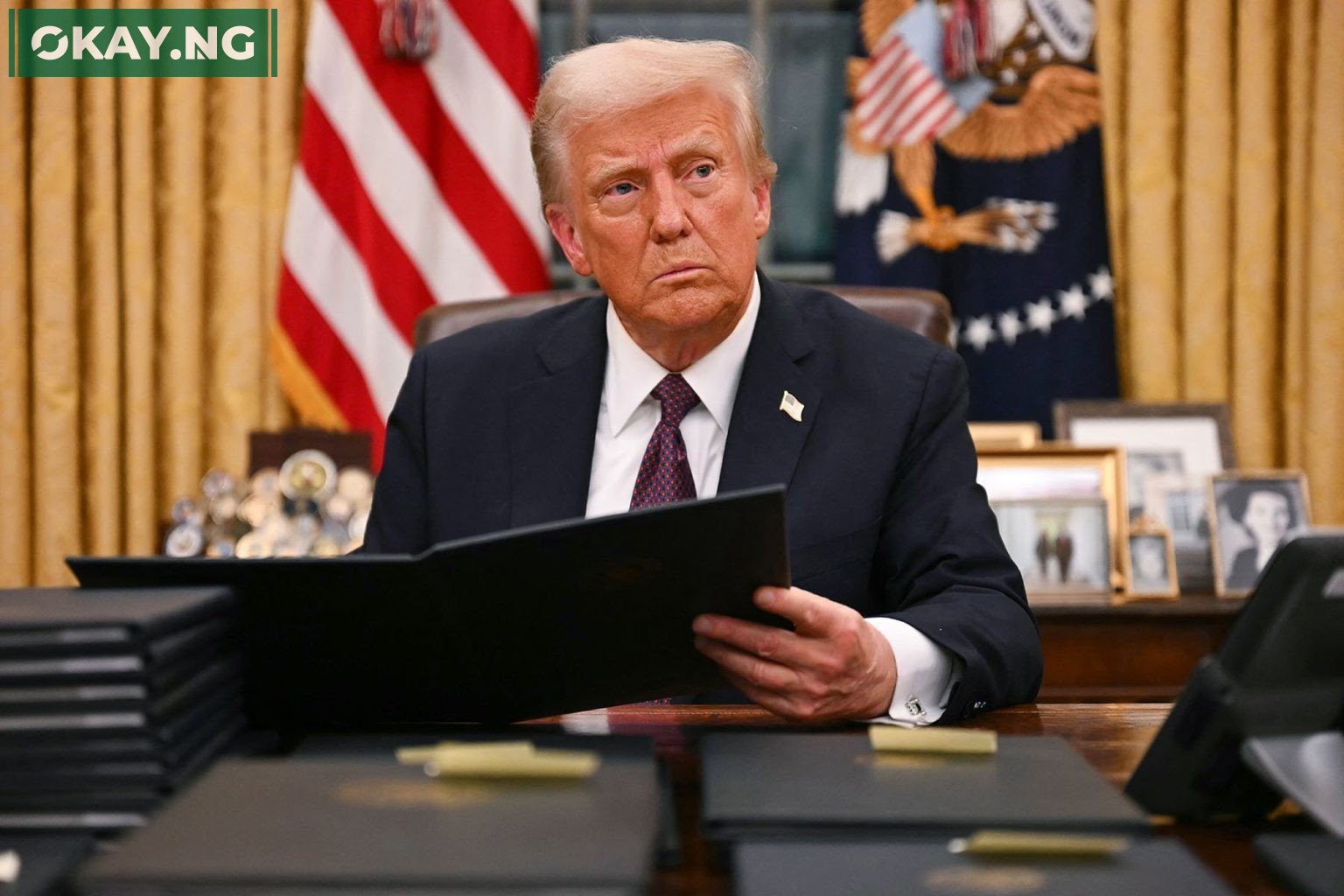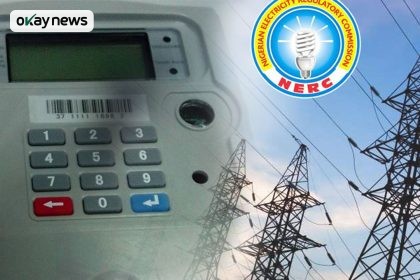President Donald Trump’s new immigration plan has triggered widespread uncertainty among immigrant workers and businesses, after the administration announced a $100,000 fee for H-1B visas. The White House on Saturday moved quickly to clarify that the policy applies only to new applicants and does not affect those already holding the visa.
White House Press Secretary Karoline Leavitt wrote on X: “Those who already hold H-1B visa and are currently outside of the country right now will NOT be charged $100,000 to re-enter. This applies only to new visas, not renewals, and not current visa holders.”
The new rule takes effect at 12:01 a.m. ET on Sunday and is scheduled to last one year, unless extended. It targets visas that are widely used by tech companies to fill high-skilled roles. Officials stressed that the change “does not impact the ability of any current visa holder to travel to/from the U.S.”
Despite the clarification, immigration experts warned of disruption. “This inserts total chaos in existing H-1B process with basically a day’s notice,” said Kathleen Campbell Walker, an attorney with Dickinson Wright.
Further confusion followed when Commerce Secretary Howard Lutnick initially suggested the fee would be charged annually. Later, a White House official corrected this, saying it was a “one-time fee”, although the policy on renewals remains under discussion.
The announcement has also drawn international reaction. India, which accounts for more than 70 percent of H-1B holders, raised concerns about the burden on families and businesses, calling on Washington to consider the “humanitarian consequences.”
Alongside the fee, Trump unveiled two new visa categories: a $1 million “Gold Card” visa that provides a path to citizenship, and a $5 million “Platinum Card” visa that allows foreigners to stay in the U.S. for up to 270 days tax-free. Lutnick said the new system is intended to replace existing employment-based green card categories.
Critics and supporters of the policy are deeply divided. Opponents, including the U.S. Chamber of Commerce, said: “We’re concerned about the impact on employees, their families and American employers.” Meanwhile, restrictionist groups praised the move, claiming it would reduce dependence on foreign labor.
Even within policy circles, reactions remain sharp. Lutnick acknowledged the steep cost is likely to reduce the number of H-1B visas issued, saying, “If you’re going to train people, you’re going to train Americans.” But Doug Rand, a former U.S. immigration official, denounced the plan as “ludicrously lawless,” arguing it amounted to “fan service for immigration restrictionists.”







